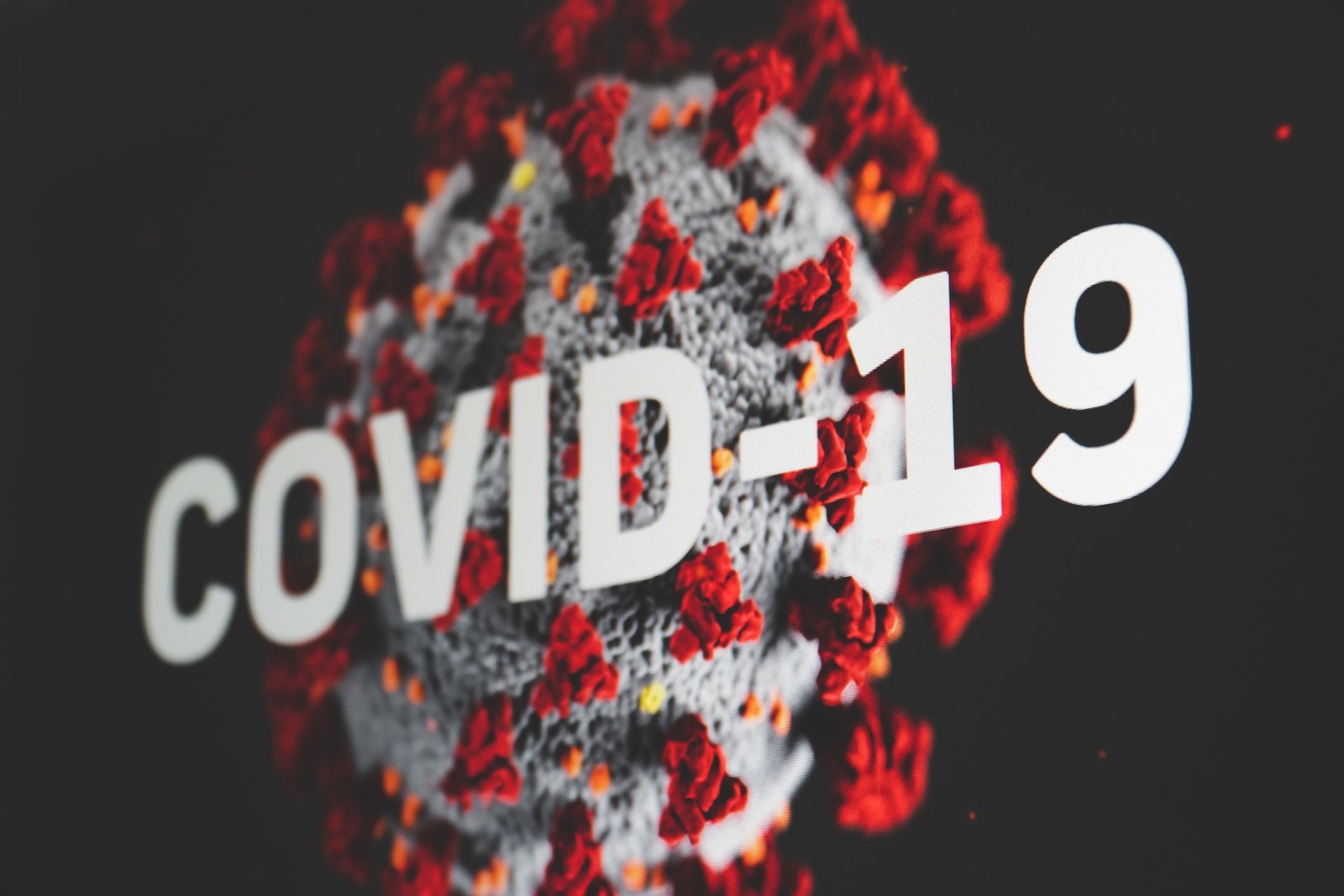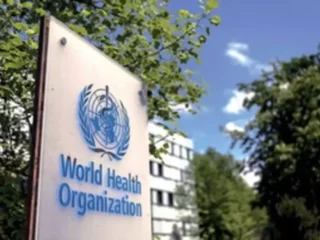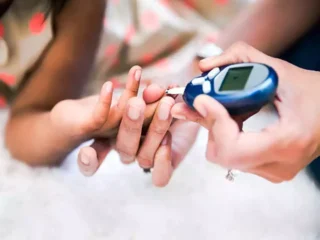Harvard Scientists have been pushing for cheaper alternatives to the PCR tests which are currently being used in Covid tests. The cheaper version, proposed by the Harvard University scientists and what they call it as “crappy” tests, may not be as accurate as the high-precision molecular tests, known as PCR tests, but such tests will cost only a dollar.
And these tests can be carried out several times a week by the whole population.
Michael Mina, assistant professor of epidemiology at Harvard University, has been pushing for these “crappy” tests, so that people don’t have to wait for hour to get the test done.
He has already requested the Food and Drug Administration (FDA) to gives its approval to this rapid test, which is cheaper, simpler, and can be done at home. In such test, a strip of paper is used, which takes only a quarter of an hour to give result. This test works like a pregnancy kit. Like pregnancy kit, it also changes colour to give results.
Despite having a low sensitivity, which potentially carries a risk of giving many false positive, the scientists recommend this test, because “such a strategy would be more effective in terms of public health because across the whole population, the number of cases identified would be higher than under the current system”.
The quick tests tend to be good at detecting people who emit a large amount of virus, which is when they are more contagious, right at the beginning, while the PCR tests are very sensitive and can detect even small concentrations of the virus, when people are no longer as contagious.
“We’re so focused on high-end expensive tests that we’re not testing anyone,” said Mina in the podcast “This Week in Virology.”
“Maybe we only need a really crappy test,’ he said.
“If it’s cheap enough to use it very frequently, then if it doesn’t detect less than five percent of people when they’re transmitting, maybe it detects 85 percent of people when they’re transmitting. And that’s a huge win over what we have right now.”
Speaking about the test, the head of Harvard’s Global Health Institute, Ashish Jha, said, “They’re not actually crappy tests”. “In certain circumstances they are not so sensitive when you have very low amounts of virus, and you’re not doing much spreading. But when you’re actually really infectious, you have large amounts of virus in your throat elsewhere and the test becomes much, much better,” he said.
“From an epidemiologic point of view, that’s when you want to capture people. You want to get them when they’re infectious,” he said.








